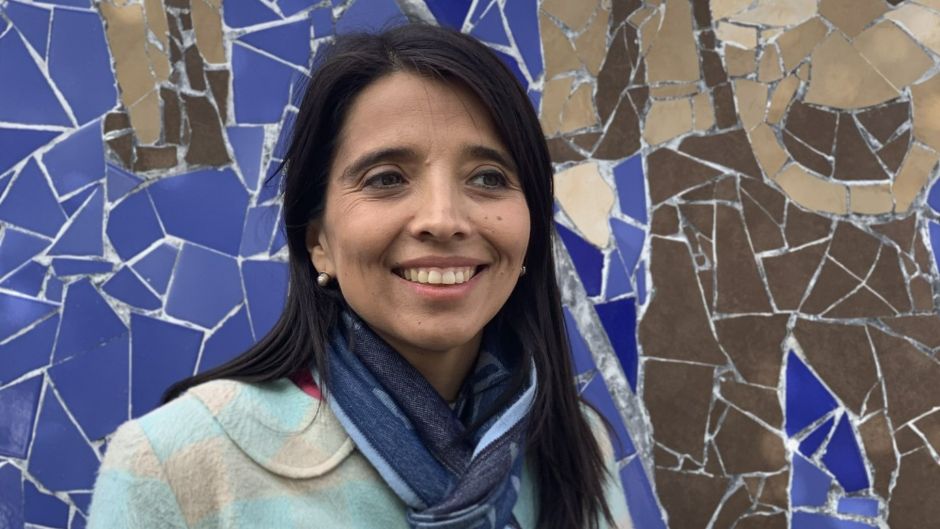Lorena Cristina Zenteno Villa, a Doctor of Juridical Science student, recently published an article in the Journal of Human Rights Practices, addressing how South American nations’ attempts to diminish climate change have infringed on human rights and urged governments to think differently.
Villa’s article, “Exploring Institutional Barriers to Effective Human Rights-Based Climate Litigation in Latin American Courts—Lessons from Chile and Ecuador,” explores how Chile and Ecuador’s constitutionalizing environmental protections jeopardize their citizens’ rights.
“Research has established a clear link between climate change and the infringement of human rights, with particularly dire consequences for the survival of our planet,” Villa said, a native of Chile. “It is imperative that states recalibrate their laws and policies to integrate climate change into consideration and protect human rights.”
Villa specializes in environmental law to find effective litigation that ensures ecological protection at no expense to human rights. Her past studies at the University of Davis, California, and University Pompeu Fabra, in Barcelona, Spain have increased her understanding of environmental governance.
As a law clerk for Chile’s Constitutional Chamber of the Supreme Court, Villa drafted judgments for cases involving environmental issues. She promoted discussion on climate change and human rights interplay within the National Association of the Chilean Judiciary’s Environment and Human Rights Commission.
Her tenure as the former United Nations Special Rapporteur on Cultural Rights’ senior researcher led her to become the Global Initiative for Economic, Social and Cultural Rights’ senior research fellow.
Villa then sought an institution to put her passion into purpose. She realized Miami Law’s Doctor of Juridical Science was a perfect fit.
“This confluence of a supportive, culturally diverse academic setting and a shared passion for environmental advocacy ensures that my research is grounded in a setting that values and understands the implications of climate policy across borders,” Villa said.
The Doctor of Juridical Science (S.J.D.) program is an advanced research degree program designed for aspiring legal academics, members of the judiciary, and public policymakers. The mission of the S.J.D. program is to produce graduates who are prepared to become leaders in international academic, judicial, and public service communities.
Her legal experience culminated in writing her journal article. Working with Professor Jessica Owley, Villa crafted the article, and was able to publish it in the prestigious journal.
She sees her publication as cementing her dedication to human rights and environmental law and symbolic of her mastery of legal discourse in her non-native language.
“With the backdrop of extreme droughts, wildfires, and hurricanes, courts in [South American] countries have stepped forward, playing a crucial role by issuing decisions aimed at protecting human rights amid the climate emergency,” Villa said. “It is precisely in these critical times that such scholarly contributions are most needed.”
After her time at the University of Miami, Villa hopes to practice strategic litigation in Latin America while training judges on the impact of climate change on human rights.
Her efforts work to bring discussion about climate change to the legal forefront and remind governments the power to protect human rights and preserve the environment is in their hands.
Read more about the SJD Program.

